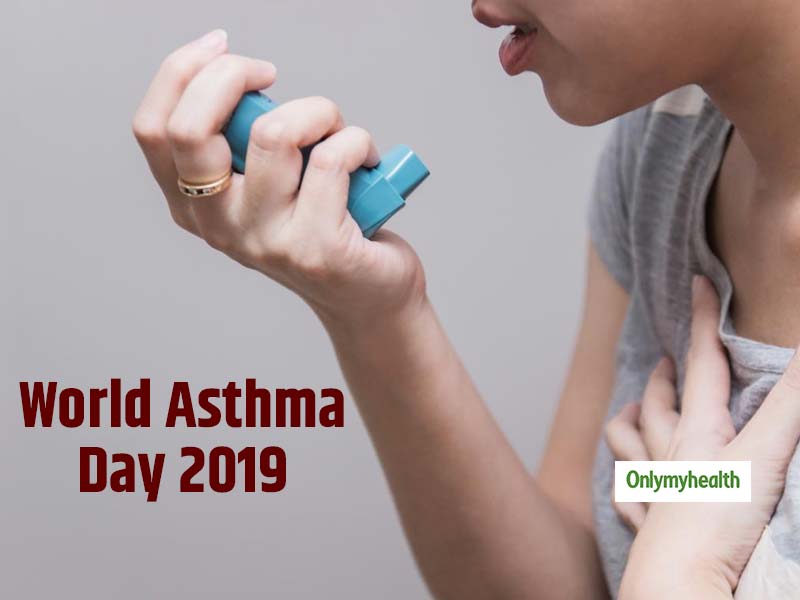
Asthma is a chronic respiratory disease that often leads to severe attacks of symptoms. It is scientifically proven that asthma can’t be cured, but its symptoms can be controlled. Symptoms of asthma can be different for different person. You may have an exceptional asthma attacks, have symptoms only at particular times such as when exercising or have symptoms all the time.
Table of Content:-
The airways swell and become extremely sensitive to some of the substances a person might inhale, is a sign of development of asthma. Asthma attacks are not normal and cannot be ignored. Globally, around 250,000 people die every year as a result of asthma.
Sometimes an asthma attack can be stopped if you relax, use your inhaler and breathe effectively. Other times, treatment for an asthma attack requires medical attention.

Also read: Can Diet Protect against Asthma
What to do When Asthma Attack Strikes?
- Don’t Panic: Panic causes your muscles to get tense, your airways to go into spasm, and your breathing to become shallow and fast
- Begin Pursed-lip Breathing: Close your mouth and inhale through your nose. Pursue your lips as if you are going to blow out a candle. Exhale slowly with as little force as possible. Your exhale should last twice as long as your inhale. Don't hold your breath between inhalation and exhalation
- Use Peak Flow Meter: You can use peak flow meter to check the severity of your attack. Peak flow meters are inexpensive instruments that can be used by the patient to measure lung function
- Use Inhalant: Generally two puffs are recommended every 20 minutes
- Steer Away from Triggers: Get away from triggers such as pet dander, smoke, cold air and perfume
- Assess Treatment Response: Assess your response to treatment. Good response is a mild cough or wheeze; fair response is a marked cough and wheeze and mild use of rib and neck muscles to breathe. Poor response is a severe cough and wheeze, an inability to talk, and blue lips and nail beds
- Medications: Use your asthma medications as ordered by your doctor. Usually, the doctor will have given you exact instructions on what medicines to use during an attack. For poor response call your doctor immediately or go to the emergency room. Follow the medication instructions carefully to reverse the bronchial-spasms
Also read: Asthma Treatment at Home

When to Seek Medical Advice
Medical help or advice is very important if you facing asthma symptoms. Seeking medical advice is recommended in the following cases:
- Your symptoms do not get better with medicine. Your breathing continues to get worse after treatment
- Your fingernails or lips turn greyish or blue
- It is difficult to walk or talk; or you have extreme difficulty in breathing
- It feels like your neck, chest, or ribs are pulled in with each breath you take
- Your nostrils flare when you breathe
- Get away from triggers such as pet dander, smoke, cold air and perfume
Causes of asthma can be allergies, smoking, environmental factors (pollution, sulphur dioxide, nitrogen oxide, ozone, cold temperatures and high humidity), obesity, pregnancy, stress, genetics, menstrual cycle and many more.
Read more articles on Asthma.
How we keep this article up to date:
We work with experts and keep a close eye on the latest in health and wellness. Whenever there is a new research or helpful information, we update our articles with accurate and useful advice.
Current Version
